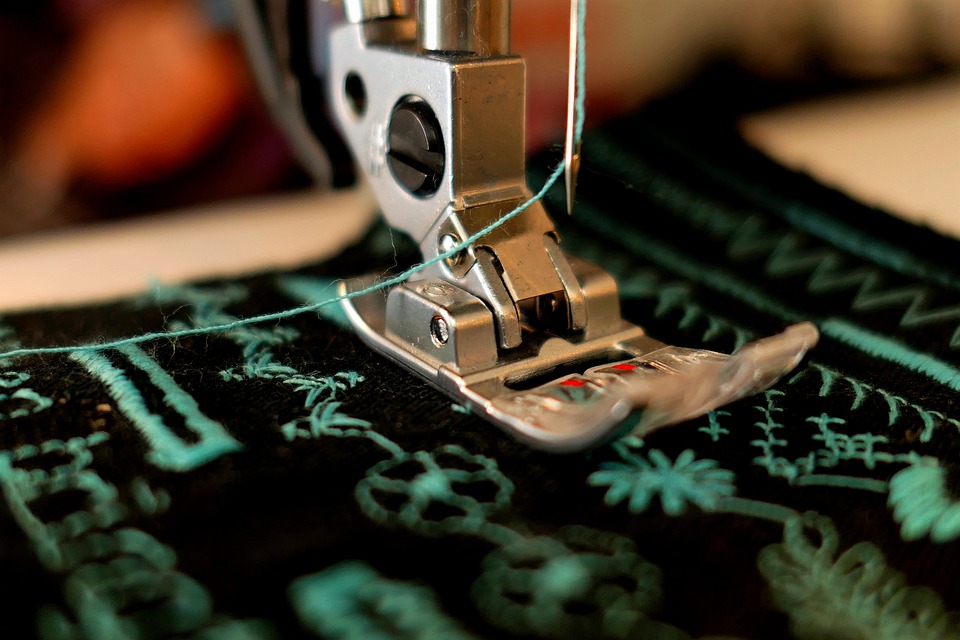Choosing the Right Sewing Thread: A Comprehensive Guide
When it comes to sewing, thread plays a crucial role in ensuring the durability and longevity of your projects. Whether you are a beginner or an experienced seamstress, selecting the right sewing thread can significantly impact the success of your creation. With various types, weights, and materials available, the task of choosing the appropriate thread may seem overwhelming. However, armed with the right knowledge, you can make informed decisions about which thread to use for different sewing projects.
Type of Thread:
The first consideration when choosing thread is determining the type that suits your project best. According to the thread’s purpose, you can choose between an all-purpose polyester thread, cotton thread, or a specialty thread designed for a specific fabric or application.
1. All-Purpose Polyester Thread: This thread is the most versatile and commonly used. It works well with a wide range of fabrics, from lightweight to heavy materials. Polyester thread offers exceptional strength and durability, making it suitable for general sewing projects such as garment construction, quilting, and home decor.
2. Cotton Thread: Ideal for sewing natural fibers like cotton, linen, and silk, cotton thread provides a more delicate look and softer feel. It is less prone to causing fabric puckering and is excellent for lightweight and medium-weight fabrics. However, cotton thread may not be the best choice for projects that require high strength or durability.
3. Specialty Thread: Depending on your specific sewing needs, a multitude of specialty threads are available. These include silk thread, buttonhole thread, nylon thread, metallic thread, embroidery thread, topstitching thread, and many others. Specialty threads are designed to enhance the appearance and functionality of your sewing projects in unique ways, such as adding decorative details or reinforcing specific areas.
Thread Weight:
Thread weight determines the thickness and strength of the thread. It is typically labeled with numbers, with higher numbers indicating finer thread. The most common thread weights are 40wt, 50wt, and 60wt. Here’s a breakdown:
1. 40wt Thread: This is a standard-weight thread suitable for most general sewing projects and is the go-to choice for many seamstresses. It provides a good balance between strength and visibility, making it perfect for garment construction, quilting, and home decor.
2. 50wt Thread: Slightly finer than 40wt, this thread is great for projects that require less bulk and more delicate stitching. It is commonly used for piecing quilts, appliqué, and fine fabrics.
3. 60wt Thread: The thinnest and finest thread, 60wt is excellent for lightweight fabrics, intricate stitching, and appliqué work that demands precision. It’s ideal when you want your stitches to be as inconspicuous as possible.
Matching Thread to Fabric and Project:
To ensure the best results, it’s vital to match the thread to your fabric type, weight, and project requirements. Consider the following guidelines:
1. Lightweight Fabrics: For delicate fabrics like silk, chiffon, or organza, use a fine and lightweight thread like 60wt cotton or polyester thread. This will prevent unnecessary stress on the fabric.
2. Medium to Heavyweight Fabrics: Opt for a medium-weight thread, such as 40wt polyester or cotton thread, for fabrics like cotton, linen, or canvas. It will provide the necessary strength without overpowering the fabric.
3. Stretchy or Knit Fabrics: Fabrics that stretch, such as spandex or jersey, require a thread with some stretch. Select polyester or cotton-wrapped polyester thread specifically designed for stretch fabrics to prevent popped stitches.
4. Specialty Fabrics: If working with delicate materials like leather, suede, or vinyl, consider using a specialty thread designed to handle the unique challenges these fabrics present. Threads made from nylon or polyester coated with nylon are excellent choices as they are strong and withstand the strain of stitching through these materials.
5. Decorative or Embroidery Projects: When executing decorative or embroidery work, explore an extensive range of specialty threads available. Polyester or rayon embroidery threads provide vibrant colors and sheen, while metallic threads add a touch of glimmer and shimmer to your designs.
Conclusion:
Choosing the right thread may seem like a trivial decision, but it significantly impacts the quality and appearance of your sewing projects. Understanding the different types, weights, and materials available will enable you to make informed choices for each unique project. Remember to consider your fabric type, weight, and desired aesthetic outcome when selecting the appropriate thread. By doing so, you can ensure that your sewing projects are not only visually appealing but also durable and long-lasting.

